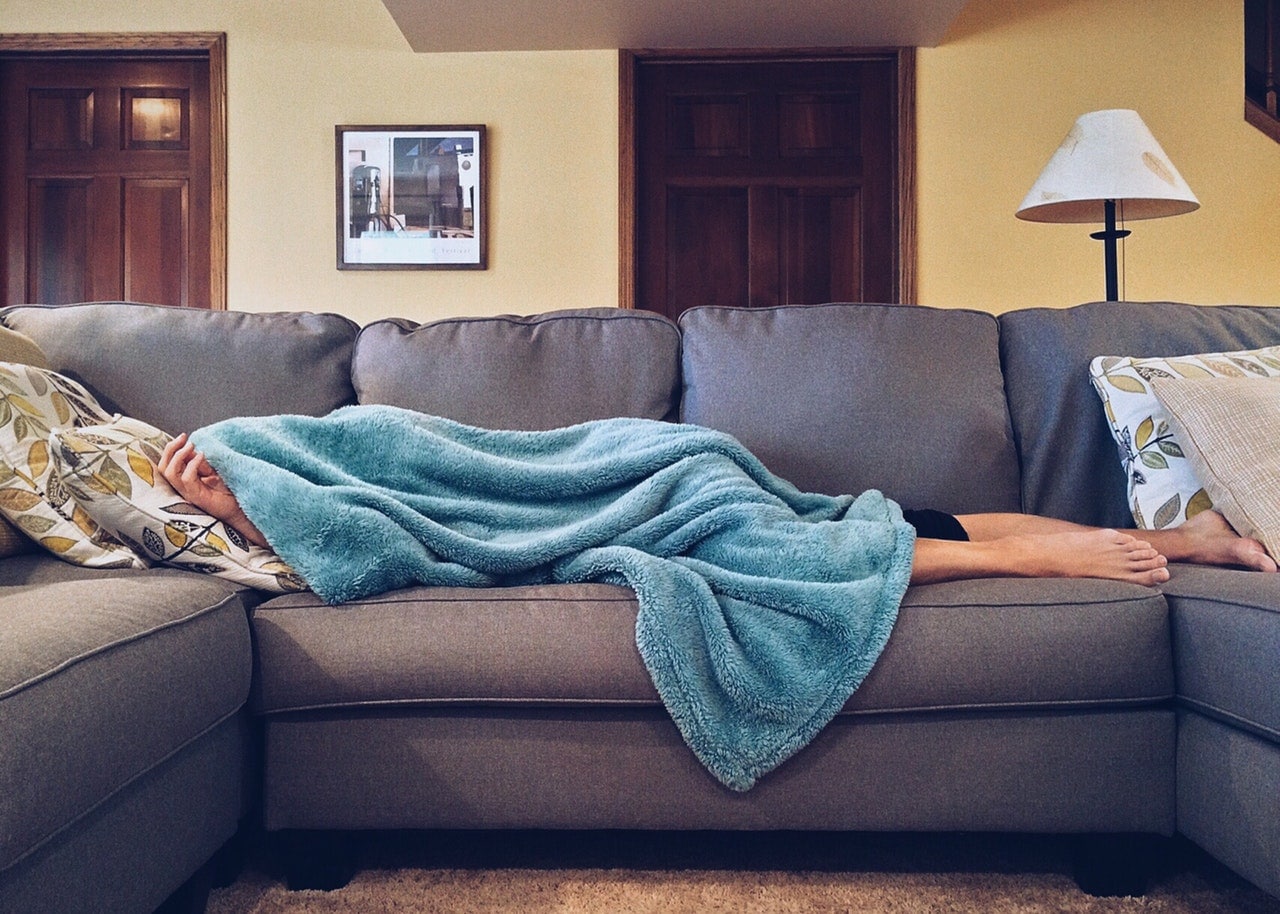No one would disagree that having a good sleep is vital in maintaining a good health. In fact, there had been a lot of studies conducted that support such a claim. Twenty four hours of sleep deprivation caused healthy people to have hallucinations and other schizophrenia-like symptoms according to The Journal of the Neuroscience.
However, sleep remains a mystery for all of us. Scientists find it difficult to isolate and study sleep. Why do we sleep? What is the organ that is greatly affected by this activity?
Why do we sleep?
 There are neural networks that promote wakefulness and neural networks that promote sleep claims the sleep expert Nick Oscroft. “To demonstrate, there are certain antihistamines that can make you sleepy. They blocked the histamine in the brain and that makes you sleepy.” Histamine is one of the alerting systems within the brain, and there is this switch that causes you to get drowsy when the alerting systems and the systems promoting sleep inhibit each other. This shows that the brain plays a big role in one of our body’s important activity – sleeping.
There are neural networks that promote wakefulness and neural networks that promote sleep claims the sleep expert Nick Oscroft. “To demonstrate, there are certain antihistamines that can make you sleepy. They blocked the histamine in the brain and that makes you sleepy.” Histamine is one of the alerting systems within the brain, and there is this switch that causes you to get drowsy when the alerting systems and the systems promoting sleep inhibit each other. This shows that the brain plays a big role in one of our body’s important activity – sleeping.
Marcos Frank, a neuroscientist at the University of Washington said that sleep does appear to be largely a brain-focused phenomenon. Although sleep deprivation also affects the immune system and alters hormone levels in the body, its most consistent impacts on animals are in the brain. To explain further, listed below are 7 functions of the brain that get impaired when sleep-deprived.
Sleep Deprivation and Mental Lapses
There is a limited scientific understanding of how sleep loss affects brain function. Research conducted by the scientist at SRI and the Alen Institute for Brain Science discovered that sleep deprivation has effects on the gene expressions of the brain. They found a “molecular anatomical signature” that involves many regions in the forebrain, including the neocortex, amygdala, and hippocampus. These regions mediate cognitive, emotional and memory functions that are impaired by sleep deprivation. Hence, cognitive functions are greatly affected.
This is supported by another study conducted by Dr. Itzhak Fried in which they found that sleep deprivation could lead to cognitive lapses. They implanted electrodes in the brain of 12 patients to record the brain activity. Researchers asked them several times over the course of the night to identify images as fast as they could. This was performed over 24 different occasions. They observed that their ability to name a picture quickly slowed as the night wore on and patients get drowsier. This is also being observed in the slowed neural activity recorded by the researchers.
When the brain is sleep-deprived, information isn’t encoded by neurons as it should be. Sleep deprivation causes mental lapses.
Sleep and Brain’s Plasticity
Sleep deprivation is also linked to the brain’s memory and learning ability. This is referred to as plasticity. The research found out that the brain is using sleep to adjust to learning new things. In an experiment, researchers put a patch on the animal’s one eye. The brain circuits associated with delivering visual information from that eye weakened within hours. However, REM sleep strengthened the circuits involving the other eye. This suggests that the brain is using sleep to adjust to changing inputs.
Sleep Deprivation and Mood Swings
Sleep deprivation could also lead to concentration capacity and extreme mood swings. In 2004, a reality television program called ‘Shattered’ was broadcast on Channel 4 in the United Kingdom. In the show, a number of contestants struggled to stay awake for as long as possible. They remained awake for days on end. In fact, the winner managed to stay awake for 178 hours. However, this results for the contestants to behave in an erratic fashion, hallucination and even having delusional thoughts. Surprisingly, these changes in their behavior disappeared after having one or two good night’ sleeps.
Sleep and Brain’s Ability to Clear out Toxins
The brain is a huge consumer of energy. This could also mean that it also produces much waste. Scientist discovered that brains clear out toxins much more rapidly when we’re asleep than when we’re awake. Lymphatic system was the term coined by Michael Thorpy to explain this brain’s activity. According to him, the lymphatic system of the brain opens up at night and removes toxins while we’re asleep.
Another reason to get enough sleep is the fact that toxins accumulated by the brain during the day are cleared up during sleep. Amazingly, space between brain cells expands during sleep. This expansion facilitates the clearing of the waste through cerebrospinal fluid. The most astonishing fact is that most of this waste is a precursor to the plaques in Alzheimer’s disease – β-amyloid protein.
Creativity needs sleep
Sleep seems to beget creativity—and sleep deprivation strips it away. In an experiment, participants were deprived of sleep for 32 hours and tested them on various aspects of thinking. The result shows that these people who are sleep-deprived performed significantly worse on most types of divergent thinking – thinking outside the box, in the new imaginative ways. Moreover, they also tend to struggle in a verbal memory test – they come up with the same answer, again and again, cross it out and try again.
Sleep Deprivation and Multi-tasking
Sleep deprivation also affects the brain’s activity to do multi-tasking. This is evident in a lot of car and train accidents. Driving is one of the most intensive multi-tasking that requires the use of hands, feet, vision, and awareness of what is going on. When you’re sleep-deprived your brain’s cognitive functions drain which greatly affects its ability to multitask.
Sleep loss and depression are intertwined
Depression and sleep problems are intimately connected. Based on a study, people who sleep less than six hours or more than 8 hours are more likely to experience depression compared to others. And people with insomnia are many more times likely to have depression and anxiety. Circadian rhythm in the brain is disrupted in depressed people. Circadian rhythm refers to the daily sleep-wake cycle of the brain. This explains why sleep and depression problems go hand-in-hand.
Takeaway
The brain is the command center of our body. It produces our every thought, feeling, memory and experience. Impairment in any of the brain functions mentioned above could greatly affect the quality of your life. Hence, giving your brain enough sleep is a must-have if you want to maintain a good health.
Author Bio:
Nicole Evans is a freelance researcher in areas related to neuroscience and psychology. She also spends time sharing her discoveries and tips to promote healthy well-being and personal effective. On her free time, she reads a lot and takes some camping with her family.











